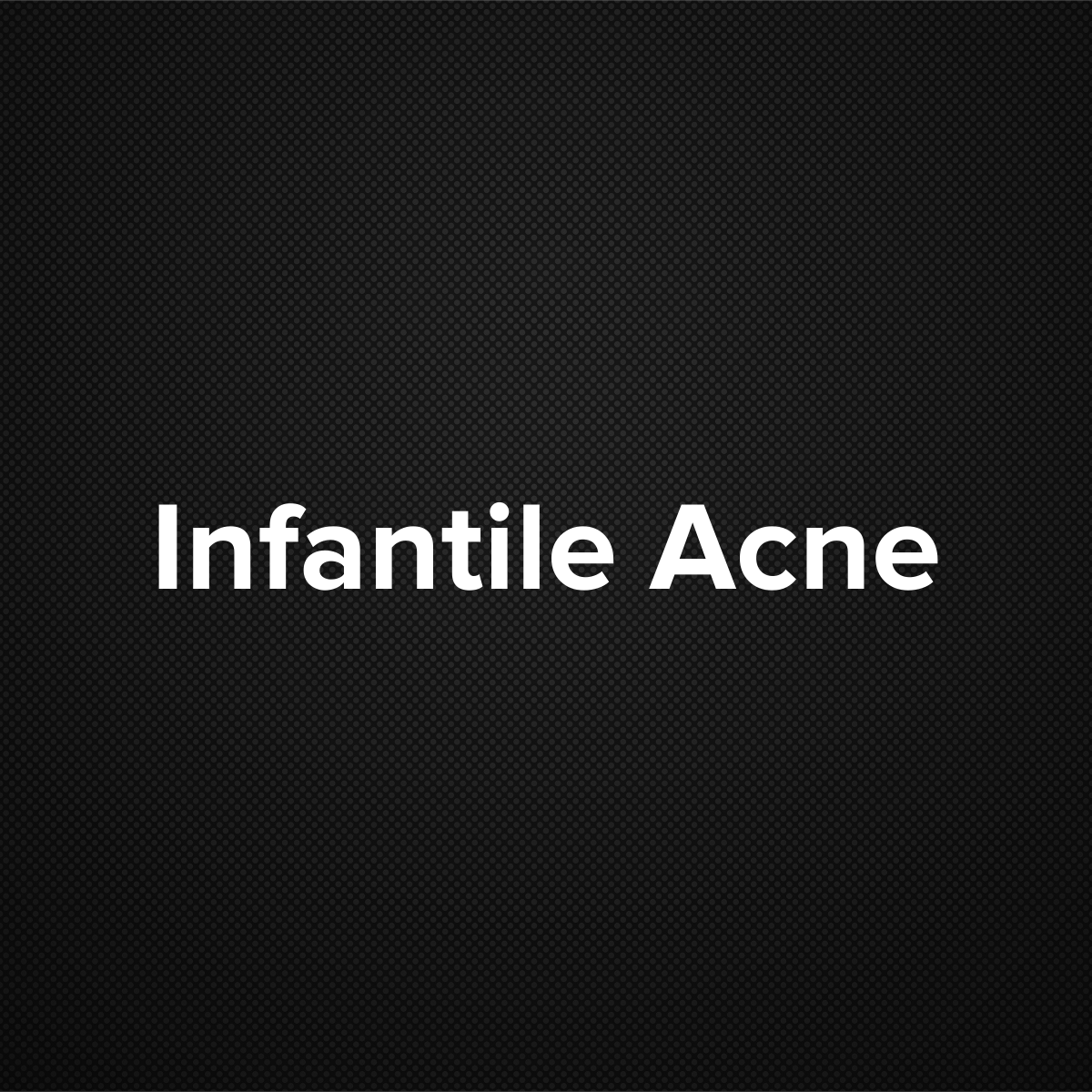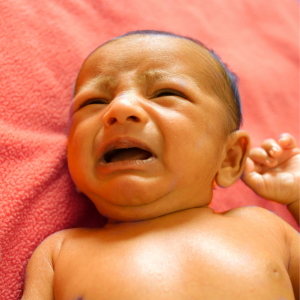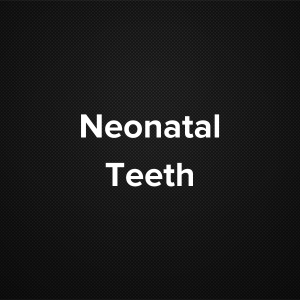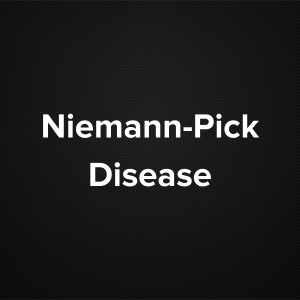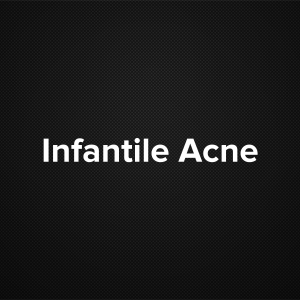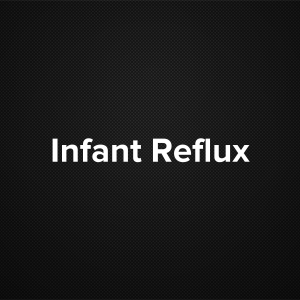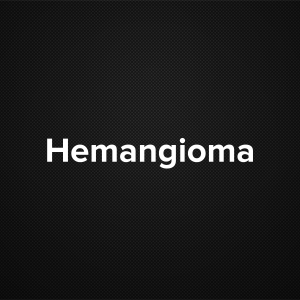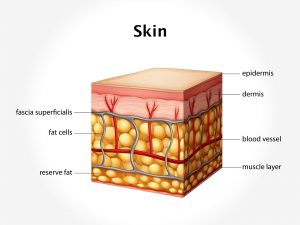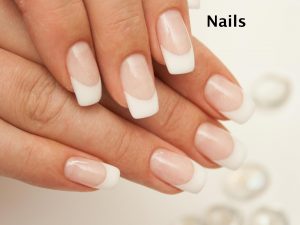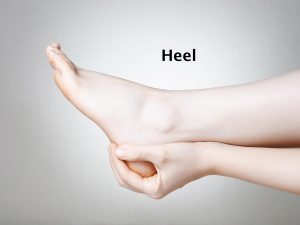Causes and risk factors
The exact cause of infantile acne is not known. Genetic factor is one of the main contributing causes. Studies have shown that high levels of androgenic hormones or testosterone hormone predisposes this condition. Acne is commonly seen in certain conditions like precocious puberty, Cushing syndrome, tumors which secrete androgens or premature adrenarche. Certain side effects of medications can also result in this condition.
Clinical presentation:
The complaints can range from mild to severe ones. The cheeks, forehead, and chin are the most common sites of affection. Small, reddish color eruptions are the prominent feature seen. Papules, pustules, or nodule formation can occur. In some cases, appearance of a cyst can also be seen. Development of whiteheads or blackheads can occur. Itching can be another associated complaint. Scratching can lead to burning or oozing of discharge or blood. This can give way to secondary infections.
Investigations:
Diagnosis is done on the basis of the symptoms narrated by the mother and the local examination carried out by the dermatologist. Routine and specialized blood test, variety of hormonal tests (FSH, LH, and prolactin) are done. Certain other investigations can also be advised to find out the underlying cause.
Treatment:
The treatment consists of administration of systemic steroids or its topical applications. In cases of secondary infection, administration of antibiotics is done. If there is presence of certain associated disease, it must be appropriately treated.
Complications:
Severe infantile acne can lead to scarring. Postinflammatory hypopigmentation can be seen. There are chances of secondary infection too.
When to contact a doctor:
Contact a dermatologist if you notice appearance of any eruptions along with itching on the cheeks or chin or forehead of the baby.
System involved: Integumentary system
